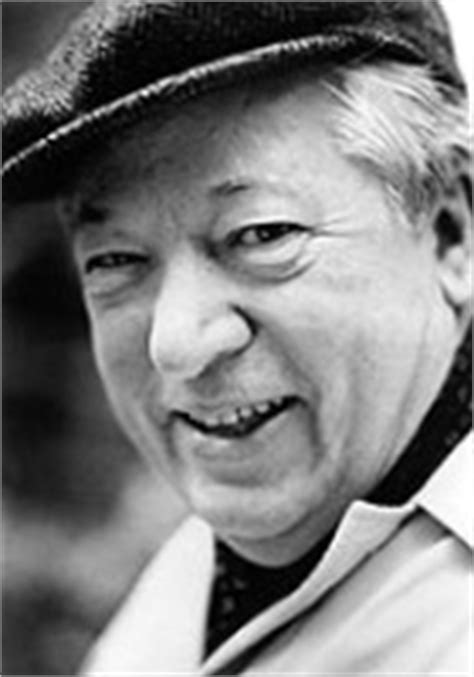A Quote by Mahatma Gandhi
When there is war, the poet lays down the lyre, the lawyer his law reports, the schoolboy his books.
Related Quotes
What do you think an artist is? An imbecile who has only his eyes if he's a painter, or ears if he's a musician, or a lyre at every level of his heart if he's a poet, or even, if he's a boxer, just his muscles? On the contrary, he's at the same time a political being, constantly alive to heart-rending, burning, or happy events in the world.
So, then, the best of the historian is subject to the poet; for whatsoever action or faction, whatsoever counsel, policy, or war-stratagem the historian is bound to recite, that may the poet, if he list, with his imitation make his own, beautifying it both for further teaching and more delighting, as it pleaseth him; having all, from Dante’s Heaven to his Hell, under the authority of his pen.
We are made aware that magnitude of material things is relative, and all objects shrink and expand to serve the passion of the poet. Thus, in his sonnets, the lays of birds, the scents and dyes of flowers, he finds to be the shadow of his beloved; time, which keeps her from him, is his chest; the suspicion she has awakened, is her ornament
I could teach an eighth-grader in twenty minutes how to brief a case. Yet for all three years in most law schools the casebook method of learning the law is still in. The matriculating young lawyer is as qualified to represent a client with the education he has suffered through as a doctor who has never seen a patient, who has never held a scalpel in his hand and who learns surgery by having read text books about it and becomes skilled in surgery, if ever, after having stacked up piles of corpses who represent his pathetic learning process.










































